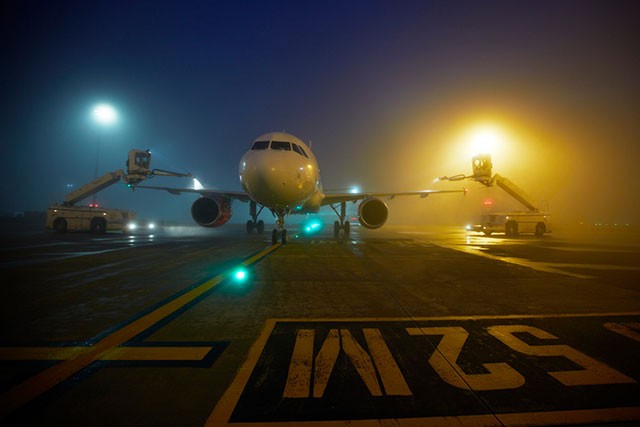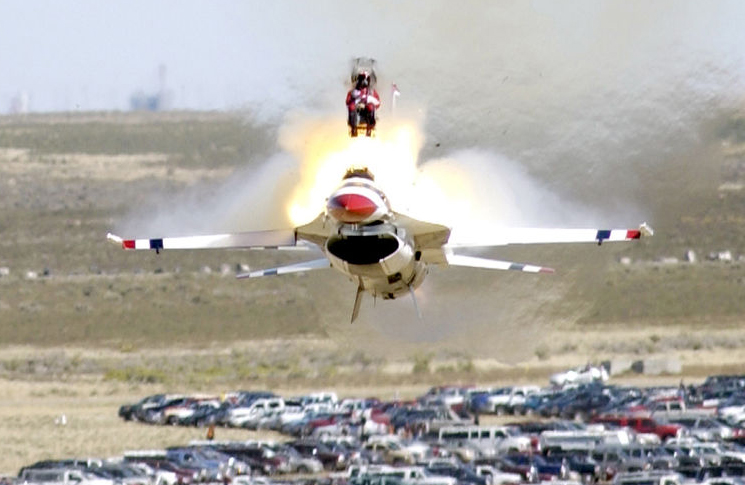Icing is great for cakes but not for aircraft.
In flight, ice can seriously compromise the effectiveness of control surfaces, propellers and other equipment, and increase fuel consumption because of additional drag. On the ground, it may require the use of expensive de-icing equipment and cause delays to flights
A European Union-funded research project, with European and Canadian partners such as Airbus and Pratt and Whitney, is looking at nanoparticle coatings which could reduce or prevent icing.
Ice can form on aircraft control surfaces when water droplets settle on smooth surfaces such as aluminium. The aim of the project, known as PHOBIC2ICE, is to find superhydrophobic (water-repelling) coatings which make aircraft surfaces resistant to ice formation.
According to report on website phys.org, researchers are looking at natural phenomena such as the leaves of the lotus plant, the nanoscopic surface of which does not allow the plant to get wet or dirty.
The research includes testing the coatings’ effectiveness using an icing wind tunnel, in which supercooled water is sprayed onto cold aircraft surfaces.
Airbus Materials scientist Elmar Bonaccurso says, ‘As an industry, we need to make sure that these coatings will not only be effective against icing, but also resistant to atmospheric agents like sand if we want to fly through a sandstorm, rain if we want to go through clouds, and ultraviolet rays.’
Further information: http://www.phobic2ice.com/



